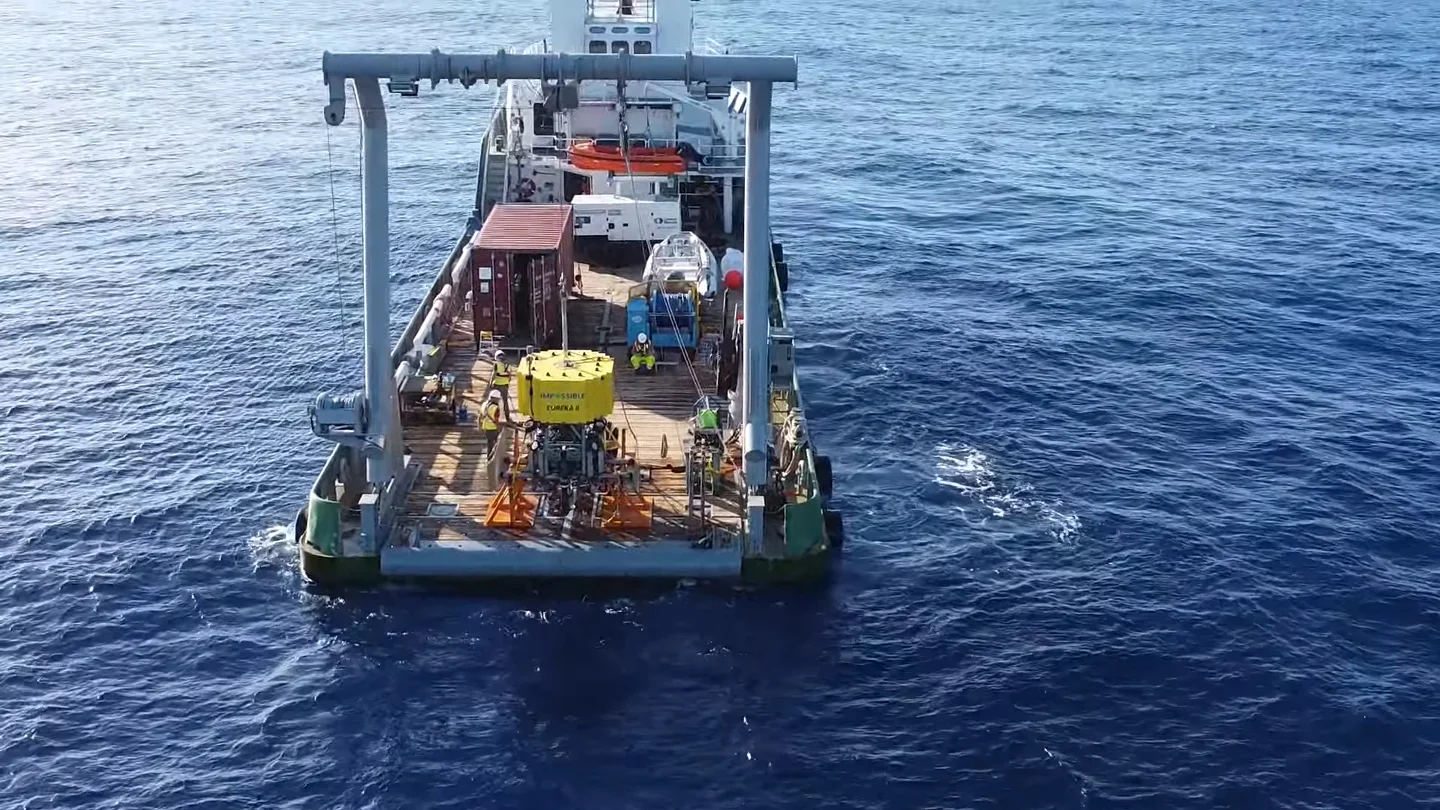California-based deep-sea mining company, has formally requested that U.S. federal authorities initiate a commercial auction for access to critical mineral deposits—including nickel and cobalt—located on the seabed off the coast of American Samoa. The company aims to extract polymetallic nodules rich in these essential minerals, which are vital for electric vehicle batteries and renewable energy technologies.
Strategic Collaboration and Resource Potential
In November 2023, Impossible Metals signed a memorandum of understanding with the American Samoa Economic Development Council (ASEDC) to explore deep-sea mining opportunities within the territory’s exclusive economic zone (EEZ). According to ASEDC, U.S. Geological Survey research estimates approximately 10 billion tons of subsea critical minerals lie on the ocean floor within American Samoa’s EEZ.
John Wasko, executive director of ASEDC, emphasized the strategic importance of these resources, stating that seabed resources significantly alter the geopolitical dynamics of Pacific nations’ relationships with industrial and military powers in the Northern Hemisphere.
Technological Innovation for Sustainable Mining
Impossible Metals is developing autonomous underwater vehicles (AUVs) designed to harvest polymetallic nodules with minimal environmental impact. These AUVs use advanced robotics, artificial intelligence, and a patented buoyancy engine to hover above the seabed, selectively collecting nodules without disturbing the surrounding habitat or creating sediment plumes.
The company’s first prototype, Eureka 1, successfully demonstrated this approach in 2022. A second prototype, Eureka 2, is currently under development and will include enhanced features such as three collection arms and the ability to operate at depths of up to 6,000 meters.
Regulatory Landscape and Environmental Concerns
Despite these innovations, the initiative faces regulatory and environmental hurdles. In July 2024, American Samoa’s Governor Lemanu Mauga imposed a moratorium on seabed mining within the territory’s waters, citing potential risks to marine biodiversity and the integrity of delicate ecological processes.
Environmental groups have supported the moratorium, stressing the need for thorough scientific assessments before any mining activities begin. They argue that deep-sea ecosystems are poorly understood and could suffer irreversible damage from industrial extraction.
The U.S. Bureau of Ocean Energy Management (BOEM) is responsible for overseeing commercial seabed mineral leases and would need to conduct a comprehensive review before granting exploration or extraction rights.
Implications for the Energy Transition
Impossible Metals’ push into deep-sea mining is aligned with global efforts to secure domestic sources of critical minerals needed for the clean energy transition. By reducing reliance on land-based mining and foreign supply chains, the company hopes to support a sustainable and resilient supply of battery-grade metals.
However, the venture highlights a growing dilemma: how to meet the surging demand for essential resources without compromising marine ecosystems. The decision on whether to move forward with an auction could set an important precedent for future seabed mining projects in U.S. territorial waters.

